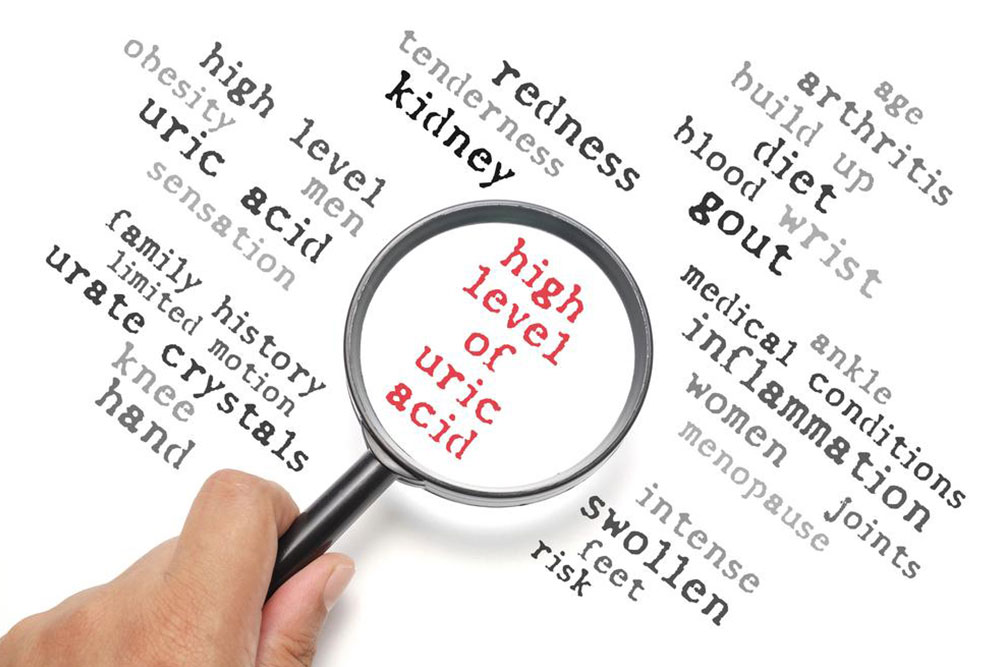Understanding Proteinuria: The Urine Protein Test Explained
Learn about proteinuria, its causes, symptoms, and the urine protein test. Understand the different testing methods, preparation tips, and when to seek medical advice. This comprehensive guide helps detect kidney issues early and ensures proper health management.

Understanding Proteinuria: The Urine Protein Test Explained
Proteins are vital components circulating in everyone's blood, supporting essential bodily functions. They help build muscles and bones and regulate body fluid levels. When kidney function is impaired, proteins can pass through the filters and enter the urine, resulting in what's known as proteinuria. Individuals with conditions like diabetes and hypertension are more prone to develop this issue.
Those with a family history of kidney problems or weakened kidneys should be mindful. Symptoms like foamy urine and swelling may prompt a doctor to recommend a urine protein test. The test measures protein levels in urine, using either a single sample or a 24-hour collection.
There are two main types of tests: a quick, one-time sample that can be done at home or at a clinic, and a comprehensive 24-hour collection, usually ordered after initial detection. For the single sample, urine is collected in a sterile container, avoiding contact with the inside to prevent contamination. The 24-hour test involves collecting urine over a full day, which is then analyzed in the lab.
Preparing for the Test:
Inform your healthcare provider about any medications or medical conditions before testing, as some drugs may affect results. Staying well-hydrated is essential for accurate measurements. To ensure reliable outcomes, consider testing at multiple laboratories for verification.










